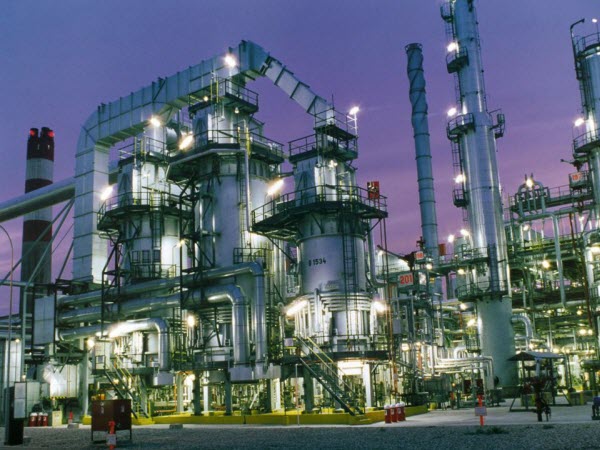There are no products in your shopping cart.
| 0 Items | £0.00 |

 NIGERIA'S economy has received a major boost this week after global crude oil prices rose to a five-month high of over $70 a barrel as renewed fighting in Libya raised the prospect of supply shortages from the country.
NIGERIA'S economy has received a major boost this week after global crude oil prices rose to a five-month high of over $70 a barrel as renewed fighting in Libya raised the prospect of supply shortages from the country.
Highly dependent on crude for survival, Nigeria's 2019 budget is predicated on oil selling for $60 a barrel and the country producing 2m barrels a day. Since the turn of the year, however, prices have been volatile, prompting the Organisation of Petroleum Exporting Countries (Opec), to introduce production cuts, which have helped boost the market over recent weeks.
With the Libyan crisis coming on top of the Opec cuts, the market is looking more bullish and yesterday, the price of Brent Crude rose to $70.86 per barrel. Over the last few days, the
fighting in Libya has extended to the capital, with Khalifa Haftar, a 75-year-old warlord, seizing control of oilfields and threatening to sack the United Nations-backed government in Tripoli.
This latest threat to supply comes amid further worries like US sanctions against Iran and Venezuela, as well as the easing of worries about weaker global trade. With fears that supply from Libya could be disrupted coming on top of instability among other producers and the Opec production cuts, analysts say prices may even rise further if the crisis escalates.
Jasper Lawler, the head of research at the London Capital Group, said: “The volatile nature of the situation means that the risk of fighting spreading towards the oil fields is increasing by the day.”
Nigerian crude being offered at high prices continues to encounter scepticism from buyers, while Angolan cargoes for May loading are close to being sold out on the back of strong Asian demand for medium-heavy grades. Over 30 cargoes of Nigerian crude remain unsold for April and May, with one seller noting a decline in free-on-board sales in another sign of flagging demand, while trading margins remained under pressure.